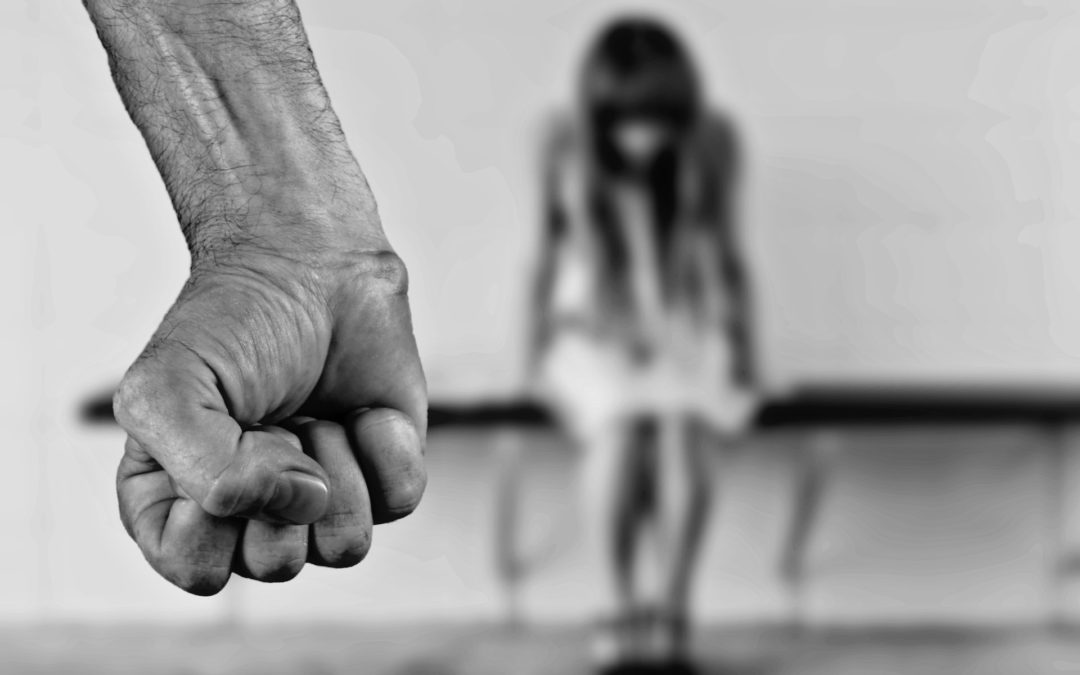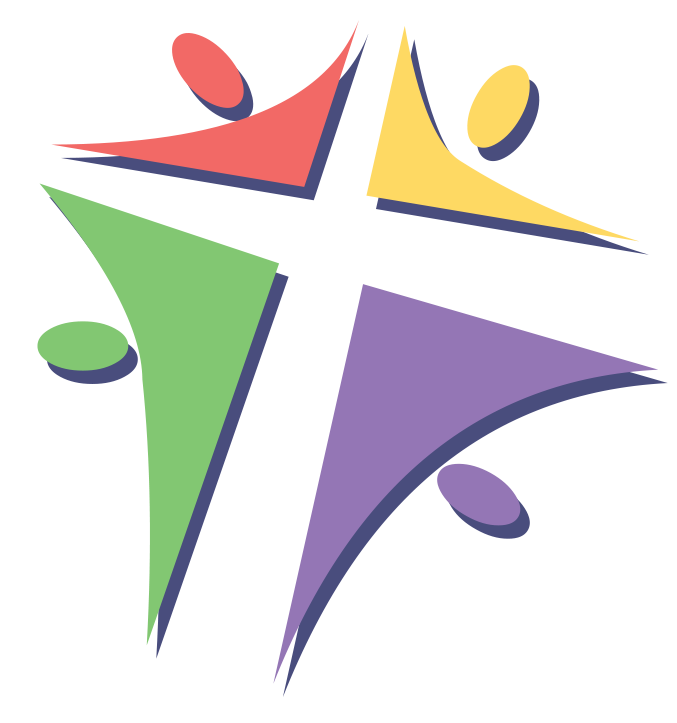
by CMR@dmin | Aug 18, 2020 | Child Abuse
Learn the facts about child abuse
Acknowledge that child abuse as a community issue needs an answer and solution for the community.
Make a difference and act on behalf of abused children by speaking for those who cannot speak for themselves.
Investigate and adjust your own behavior within your family and your level of support and actions regarding the safety of all children.
Offer to help a family in need financially or with other methods and resources.
Learn the signs of abuse and neglect and take note of what information is required in a report.
Read more about the CMR and what services are provided to the community.
Grant financial support to the CMR through tax-deductible donation or in natura donation of services or supplies.
Attend an event and fundraisers offered by CMR to provide support for abused children, the agencies and professionals who help them.
Attend a training event presented by CMR about recognizing child abuse, preventing sexual abuse of children etc.
Ask a general presentation for awareness and prevention by the CMR for a group you belong to.
You can contact Childline South Africa’s Helpline on 08 000 55 555 24/7
You can find a branch near you here

by CMR@dmin | Aug 4, 2020 | Violence
Intimate Partner Violence (IPV) is everybody’s business – a societal scourge our social workers deal with on a daily basis, says Henda van der Merwe, director of CMR Gauteng East.
Our country’s statistics of women murdered by their partners put us in the first place in the world – double that of the US – a shameful fact indeed. “During the lockdown many crime stats have declined, but we have no way of knowing how many partners have been abused (physically, emotionally, sexually) during this time.
Being confined in the home means a heightened stress level, anxiety, depression and for some even a flare up of Post Traumatic Stress Disorder symptoms.
“If a partner is abusive, he most likely became worse over the past couple of weeks. We must not forget that men can also be the victims, as it works both ways. Yet in our country, it is likely the women who are the victims.”
If you are aware of partner abuse/violence, the right thing to do would be to report it at the SAPS and get help from a reliable community resource (like CMR).
Many women feel they do not get help, according to the Domestic Violence Act, the police officer must adhere to certain protocol. Free legal advise can be obtained from The Warrior Project.
This problem is closely linked to poverty, mental illness, poor childhood development and places a burden on our healthcare system as abused individuals are twice as likely to need repeated physical and mental help.
“Our reality is that partner abuse forms part of certain cultural and social norms, which either condone or condemn these practices. Human Rights and our country’s laws however, do not allow for this and individuals are strongly advised to seek help. Social workers are able to help with referrals, places of safety and to assist with a safety plan where a person has to continue living in the circumstances.
“This abuse affects everyone in the home and children pay the price. This also plays into a vicious cycle of abusers who in turn abuse,” says van der Merwe.
“Our social workers have been extremely busy during this time. I am convinced that the spill-over will still be with us for months to come,” she concludes.
Those in need of help can contact their closest CMR, Child Welfare, FAMSA or Department of Social Development Office.

by CMR@dmin | Jul 9, 2020 | Babies
The words “I love you, mommy” are precious to any mother – especially when hearing them the first time.
But for the foster mother of a baby born with NAS (Neonatal Abstinence Syndrome) who have waited more than a year to hear them, they are infinitely more so.
Explains Steph Jansen*: “We are experienced foster parents, having had nine previous foster children already. Despite training, reading and watching videos, which left us thinking we were equipped for a special needs baby with NAS, nothing came close to preparing us for the reality of such a child.”
“We had to stand by and helplessly watch this tiny baby shake, convulse and scream for hours on end, trying to comfort her. All the time we were watching the clock to determine when we could give her the next dose of methadone to combat her withdrawal symptoms.” This little baby was born to a mother addicted to heroin.
Just over a year later she was joined by her sister, also born with NAS. Since they were born in different government hospitals, the treatment they received was not the same. The second baby received morphine which seemed to allow better pain management, according to Jansen.
“Having both babies in the home was more than difficult; apart from their NAS symptoms which meant they hardly slept, they cried incessantly and had a field day with tantrums that would put the best out there to shame.”
Feeling helpless comes with this territory, as she explains, and eventually it turned into feeling hopeless. Baby B showed signs of possible autism, yet numerous consultations and scans did not confirm this. A visit to an ENT specialist and subsequent grommets changed not only her behaviour, but also her speech development.
“We attended Trauma Competent Caregiver training which helped us better understand the ‘fear brain’ and the impact of the trauma these children have experienced before being born. This training helped us to assist the sisters move out of this trauma programming. Today we see two delightful little girls, beaming with love and contentment, fun-loving and playful.
“We still make mistakes, we do not have all the answers, but we have seen how persevering in love can bring life into a child’s hopeless circumstances – and we realise that our weaknesses show HIS grace and glory in and through our lives,” Jansen concludes.
Dina Bosch, CMR Area Supervisor of the Silverpark area, says they see NAS babies and also FAS (Fetal Alcohol Syndrome) babies – but the trend seems to be stable. “We are really fortunate that we have foster parents in our system who are prepared to deal with these babies. It takes a special parent to foster a special baby, but, we endeavour to support and train these parents on an ongoing basis. Only sustained efforts and love can lead to success.”




Recent Comments